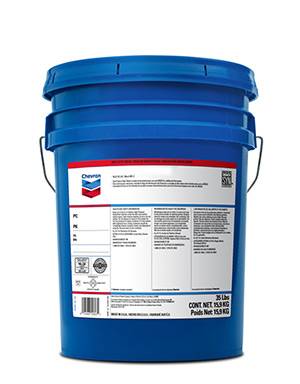Dec . 03, 2024 15:36 Back to list
cast iron check valve
Understanding Cast Iron Check Valves
Check valves are an essential component in various piping systems, serving to maintain the unidirectional flow of fluids while preventing backflow. Among the different materials used for their construction, cast iron stands out as a popular choice due to its durability and versatility. This article delves into the features, advantages, applications, and maintenance of cast iron check valves, providing a comprehensive overview for engineers and industry professionals.
What is a Cast Iron Check Valve?
A cast iron check valve is a type of valve that allows fluid to flow in one direction and automatically closes when there is backflow. This prevents the reversal of flow, which can lead to serious operational issues in pipelines. Cast iron is typically used in the manufacturing of these valves because of its excellent mechanical properties and ability to withstand high-pressure environments.
Structure and Design Cast iron check valves come in various designs, including swing and lift check valves. Swing check valves feature a disc that swings on a hinge to allow or block flow, while lift check valves employ a ball or disc that lifts off a seat when the pressure is adequate. The choice of design largely depends on the specific application and service conditions.
Advantages of Cast Iron Check Valves
1. Durability Cast iron is known for its ability to resist wear and tear, making it ideal for high-duty cycles in heavy industry applications. Its robustness ensures a long lifespan even in challenging conditions.
2. Corrosion Resistance Cast iron can be treated with various coatings, such as epoxy or paint, to enhance its resistance to corrosion. This is crucial in applications where the valve may be exposed to corrosive fluids.
3. Cost-Effectiveness Compared to other materials such as stainless steel or bronze, cast iron is often more affordable, offering a good balance between performance and cost. This makes cast iron check valves an attractive option for many projects.
4. Versatility Cast iron check valves are suitable for a wide range of applications, including water treatment, sewage systems, and industrial processes. Their adaptability to different operational dynamics makes them a practical choice in various industries.
5. Low Maintenance Requirements Due to their durable construction, cast iron check valves typically require minimal maintenance, which translates into lower operational costs and fewer interruptions in service.
Applications
Cast iron check valves are widely used in several industries, including
cast iron check valve

- Water and Sewage Treatment These valves help manage flow in pipelines and treatment facilities, ensuring that water flows in the desired direction and minimizing the risk of contamination.
- Oil and Gas Industry In pipelines that transport crude oil or natural gas, cast iron check valves play a critical role in preventing backflow that can cause spills or environmental hazards.
- Power Plants These valves are used in cooling systems and various other applications where fluid flow control is necessary.
- Chemical Processing In this industry, cast iron check valves facilitate the safe transportation of chemicals and other hazardous materials, ensuring that backflow does not occur.
Maintenance of Cast Iron Check Valves
While cast iron check valves are generally low maintenance, periodic inspections are recommended to ensure optimal performance. Here are a few maintenance tips
1. Regular Inspections Check for signs of wear, corrosion, or any anomalies in operation. Ensure that moving parts like the disc or ball are functioning smoothly.
2. Cleaning Accumulation of debris can hinder the operation of check valves. Regular cleaning of the valve and surrounding area can help maintain efficiency.
3. Sealing and Packing Inspection Ensure that seals and packing are in good condition to prevent leaks and maintain pressure integrity.
4. Corrosion Prevention If the valve is exposed to harsh environments or corrosive materials, consider applying protective coatings to prolong its lifespan.
Conclusion
In conclusion, cast iron check valves are a trustworthy component in many fluid management systems. Their durability, cost-effectiveness, and versatility make them an excellent choice for various applications across different industries. Understanding their structure, advantages, and maintenance requirements can help engineers and operators make informed decisions, ensuring efficiency and reliability in their piping systems. As industries continue to evolve, the importance of cast iron check valves will remain pivotal in the safe and effective management of fluid flow.
-
Thread Plug Gauge Our Promise of Measurement ExcellenceNewsAug.22,2025
-
Gauge Pin Class Reflecting Quality LegacyNewsAug.22,2025
-
Check Valve Types for High Rise BuildingsNewsAug.22,2025
-
Water Control Valve for Irrigation SystemsNewsAug.22,2025
-
Gate Valve with Soft Seal TechnologyNewsAug.22,2025
-
Y Type Strainer for Oil and Gas ApplicationsNewsAug.22,2025
Related PRODUCTS









